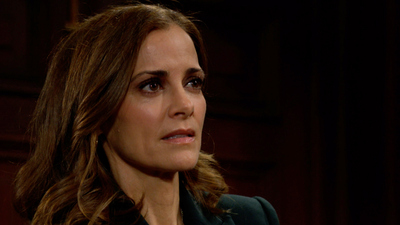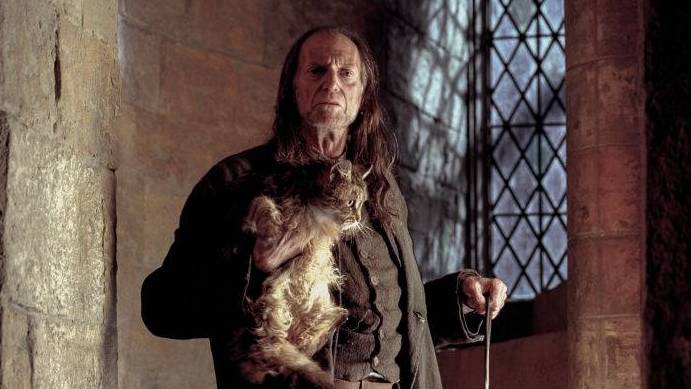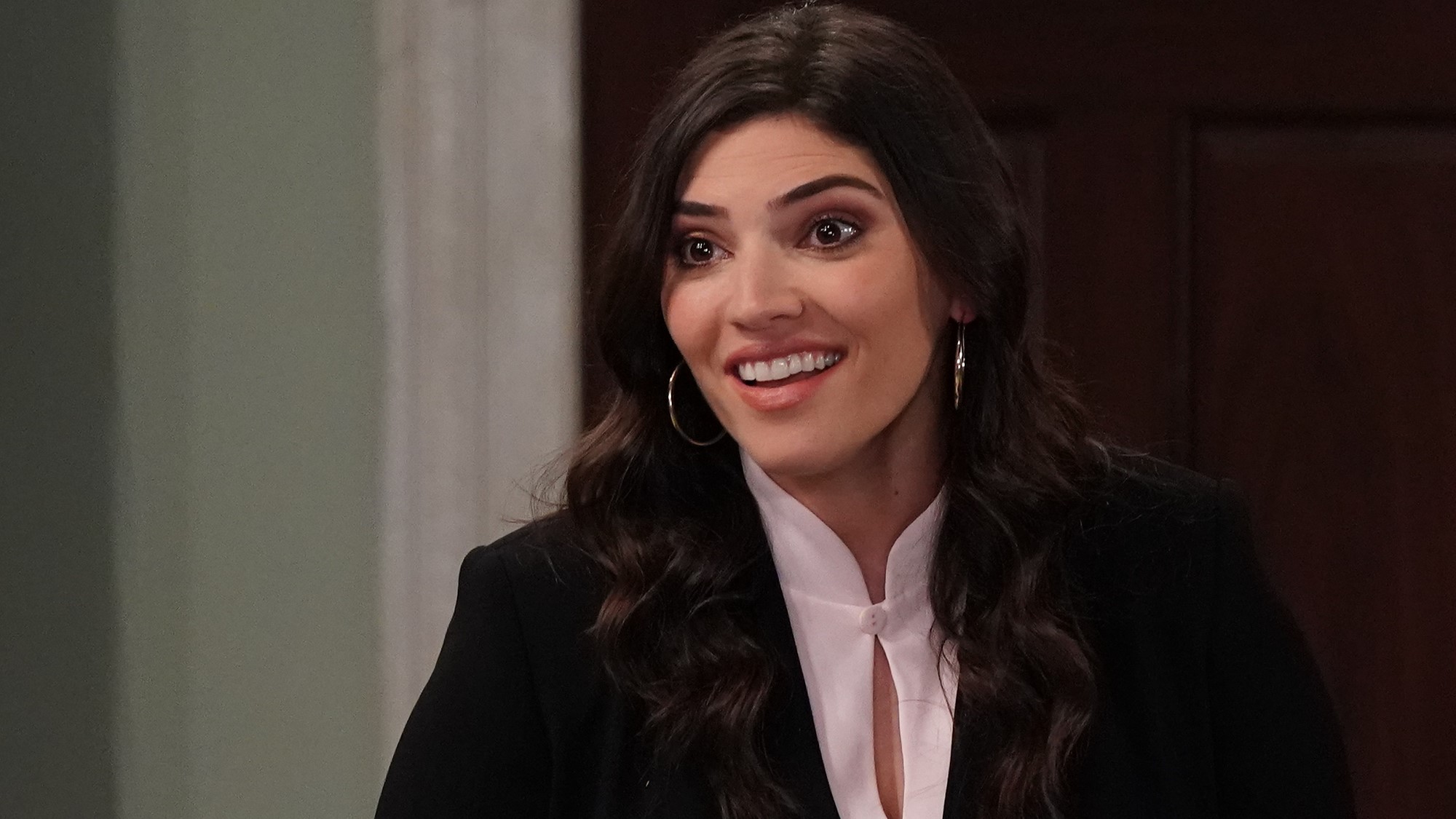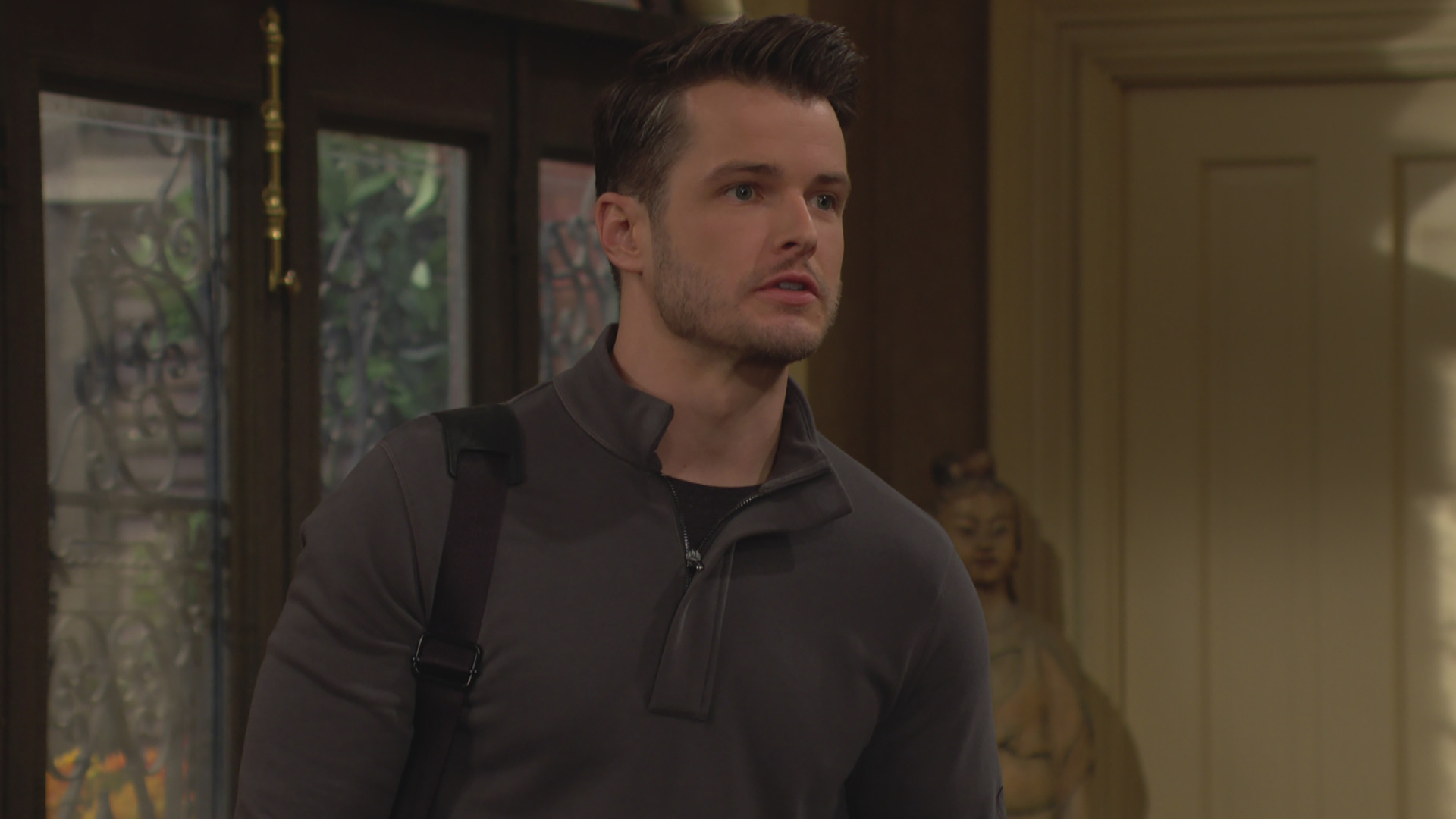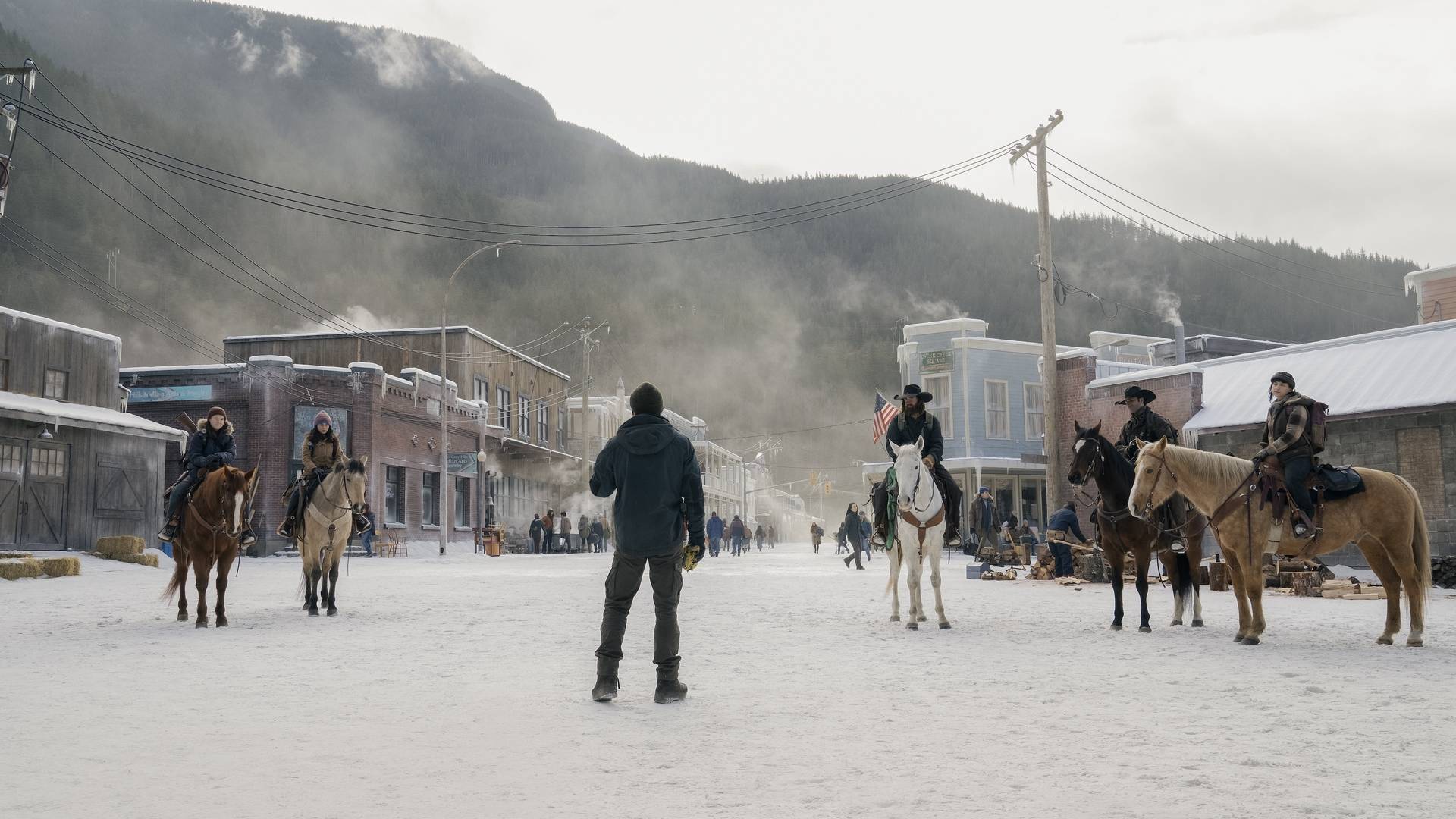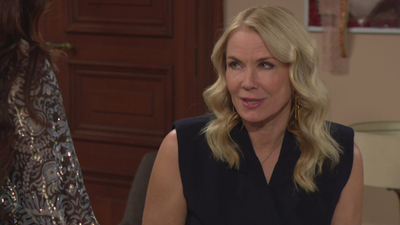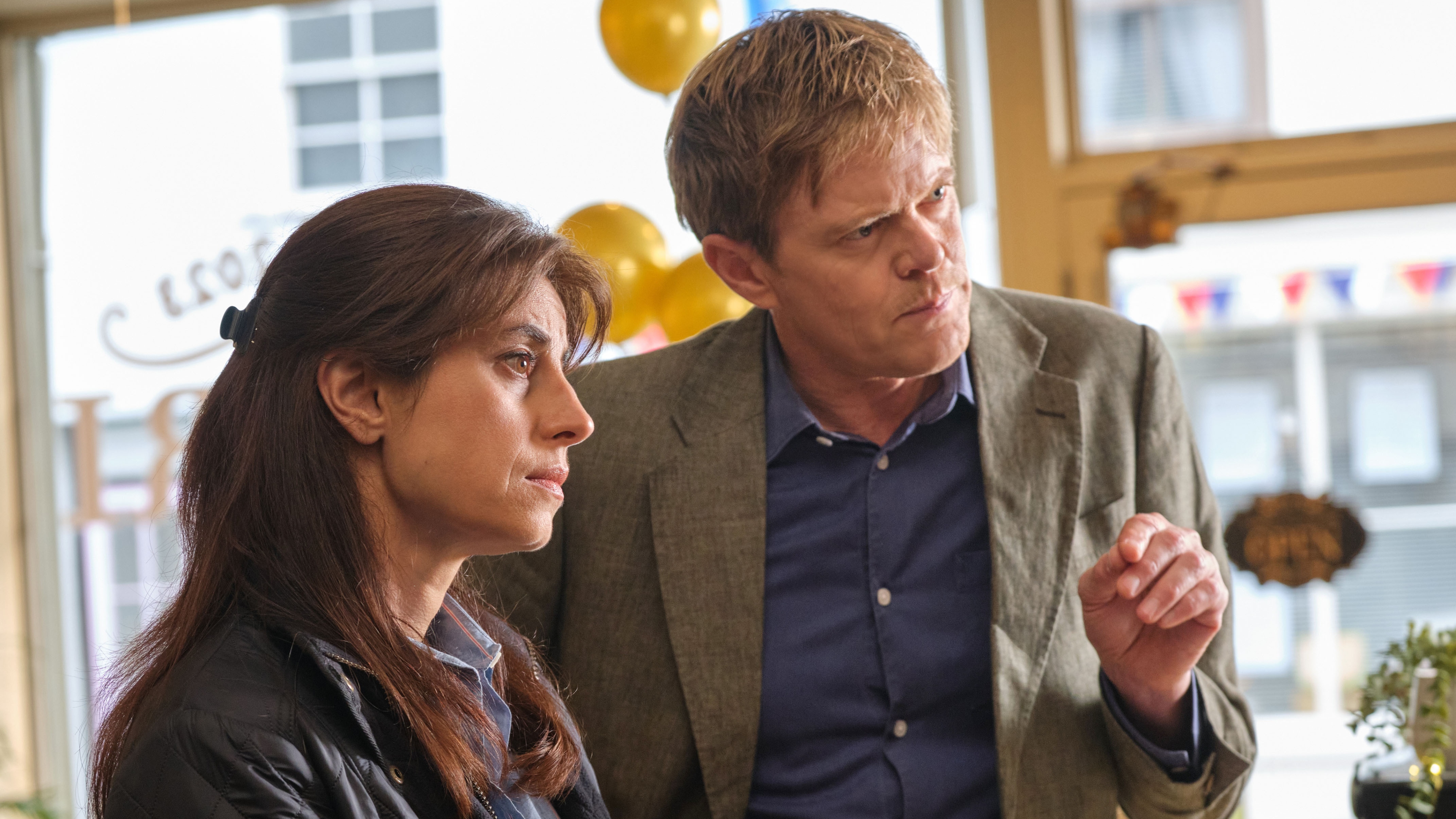Fact vs fiction: The Offer episode 10 — why didn’t Al Ruddy make The Godfather Part II?
Plus, how did The Godfather revolutionize the distribution of movies?
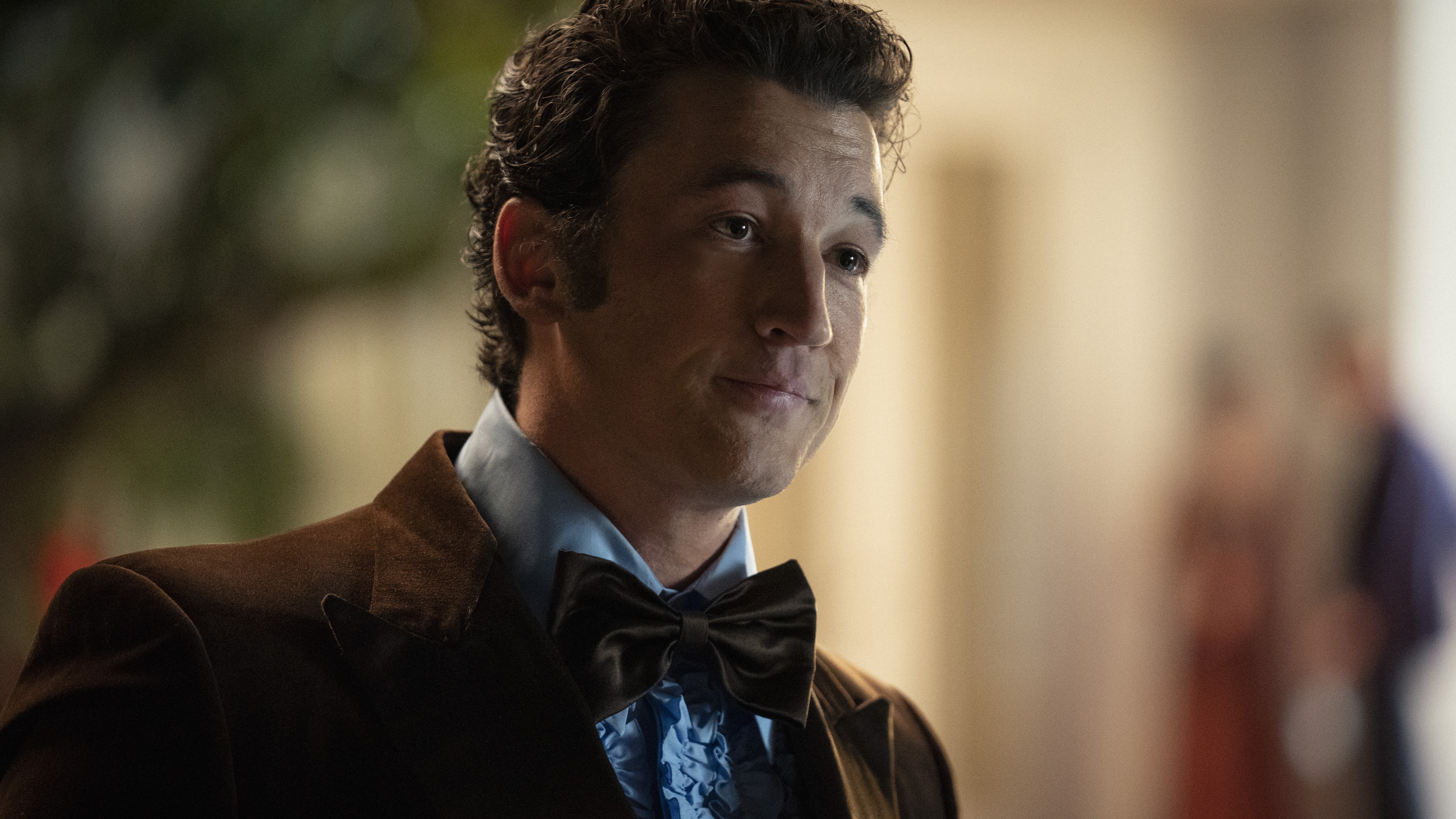
In the finale of The Offer, The Godfather is done and awaiting release, so there's nothing left but to see history play out as we all know it, right? Not quite, as there are a few more twists and turns in the story of how The Godfather came to be the all-time classic that it is today.
Plot developments include Robert Evans (Matthew Goode) coming to terms with his failed marriage to Ali McGraw (Meredith Garretson) and trying to get Henry Kissinger to the premiere, Al Ruddy (Miles Teller) looking for his next movie, Bettye McCartt (Juno Temple) kicking off her new career as an agent/manager and The Godfather’s eventual triumph at the Academy Awards.
However, the two most interesting plotlines in the finale are about why Ruddy didn’t do The Godfather Part II and what Paramount did in releasing The Godfather that would revolutionize the movie industry. So that’s what we’re going to be focusing on with the final fact vs fiction piece for The Offer.
Check out our previous fact vs fiction examinations of The Offer right here:
- Fact vs fiction: The Offer episode 1
- Fact vs fiction: The Offer episode 2
- Fact vs fiction: The Offer episode 3
- Fact vs fiction: The Offer episode 4
- Fact vs fiction: The Offer episode 5
- Fact vs fiction: The Offer episode 6
- Fact vs fiction: The Offer episode 7
- Fact vs fiction: The Offer episode 8
- Fact vs fiction: The Offer episode 9
Why didn’t Al Ruddy produce The Godfather Part II?
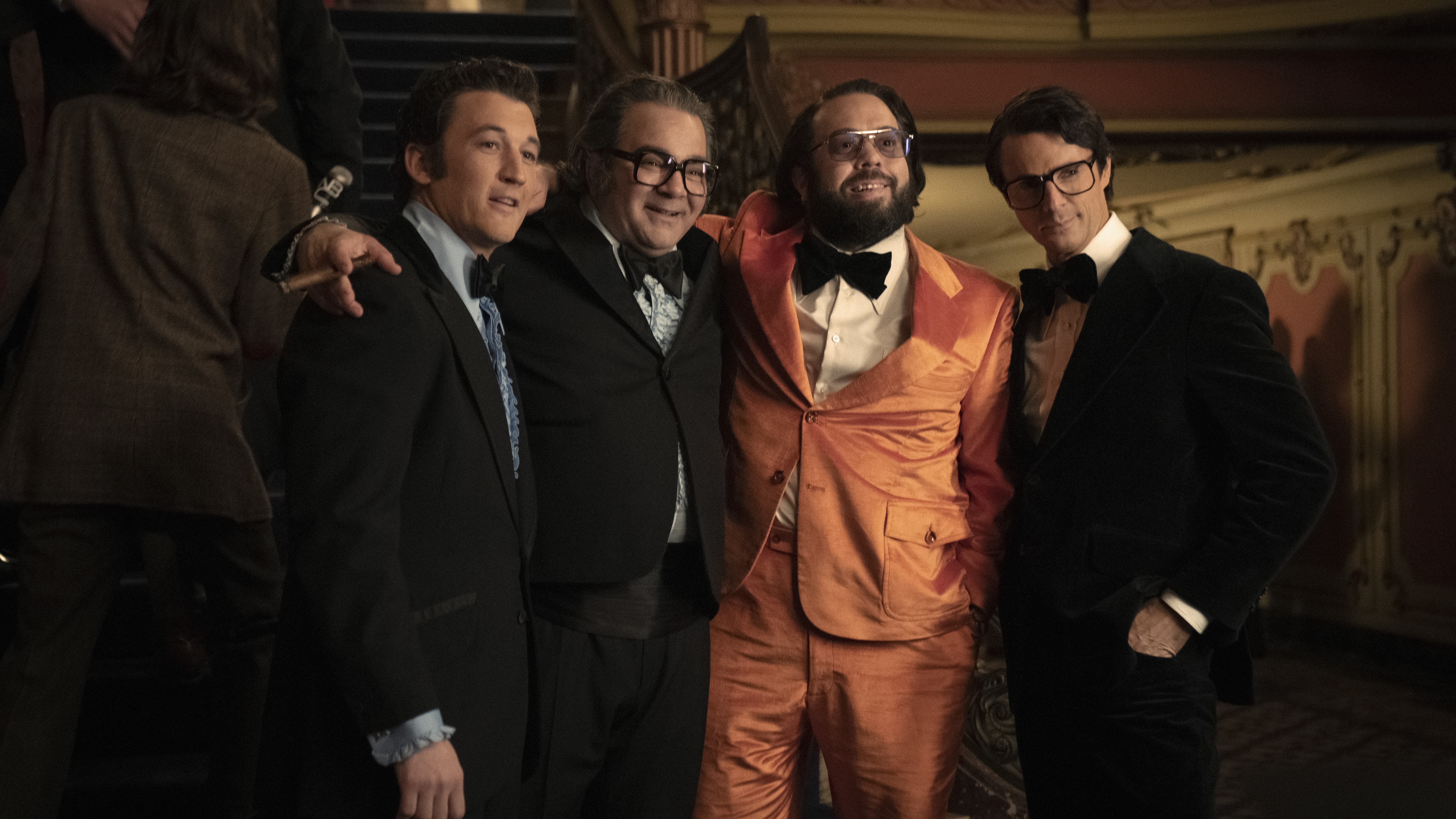
The fiction: Al Ruddy fought and bled for The Godfather (that’s not a metaphor) and is ultimately awarded with the Best Picture Oscar as the movie’s only producer. By then Evans, Francis Ford Coppola (Dan Fogler) and Mario Puzo (Patrick Gallo) are getting the ball rolling on The Godfather Part II but Ruddy doesn’t seem to be as enthused as his colleagues.
Once The Godfather becomes a success, Ruddy is suddenly a producer in demand. He's determined that his next project will be a movie he thought of long before he started working on The Godfather, The Longest Yard. Ruddy believes this is the next story he needs to tell. Although Evans wants to keep his winning team together, ultimately he lets Ruddy make The Longest Yard.
Did Ruddy really walk away from producing The Godfather Part II, which would go on to be as successful as The Godfather?
Get the What to Watch Newsletter
The latest updates, reviews and unmissable series to watch and more!
The fact: Al Ruddy did not produce The Godfather Part II, that is definitely true. However, the why is a bit harder to suss out.
The Offer makes it seem as though it was entirely Ruddy's decision to skip the sequel — to do something new that he was passionate about. (It should be noted the series is based on Al Ruddy's experiences.) However, Peter Bart (who was an executive at Paramount when The Godfather was made), recently commented on the show, in Deadline saying that Ruddy walking away wasn’t his choice. "[T]he contracts for The Godfather Part II specified that Ruddy would have no connection with the project…,".
Bart also added that the close "three amigos-like" relationship shown in The Offer, between Ruddy, Coppola and Evans, was a fabrication of the show. He claims that Ruddy and Coppola were not on speaking terms during the shoot of The Godfather, that Evans did not trust Ruddy and that the sequel was "Coppola’s show," as Bart puts it. From this, you could very well assume that Ruddy was left out of the sequel, rather than choosing to go. We've been unable to find anyone else that confirms or refutes this, so believe what you will.
Whatever happened, Ruddy’s career as a producer did not suffer. He went on to make The Longest Yard (1975) which won the Golden Globe for Best Picture — Musical or Comedy. He also won another Best Picture Oscar for Million Dollar Baby with Clint Eastwood and Hilary Swank. As recently as 2021 he was producing— working again with Clint Eastwood on Cry Macho.
How did The Godfather change how movies are released?
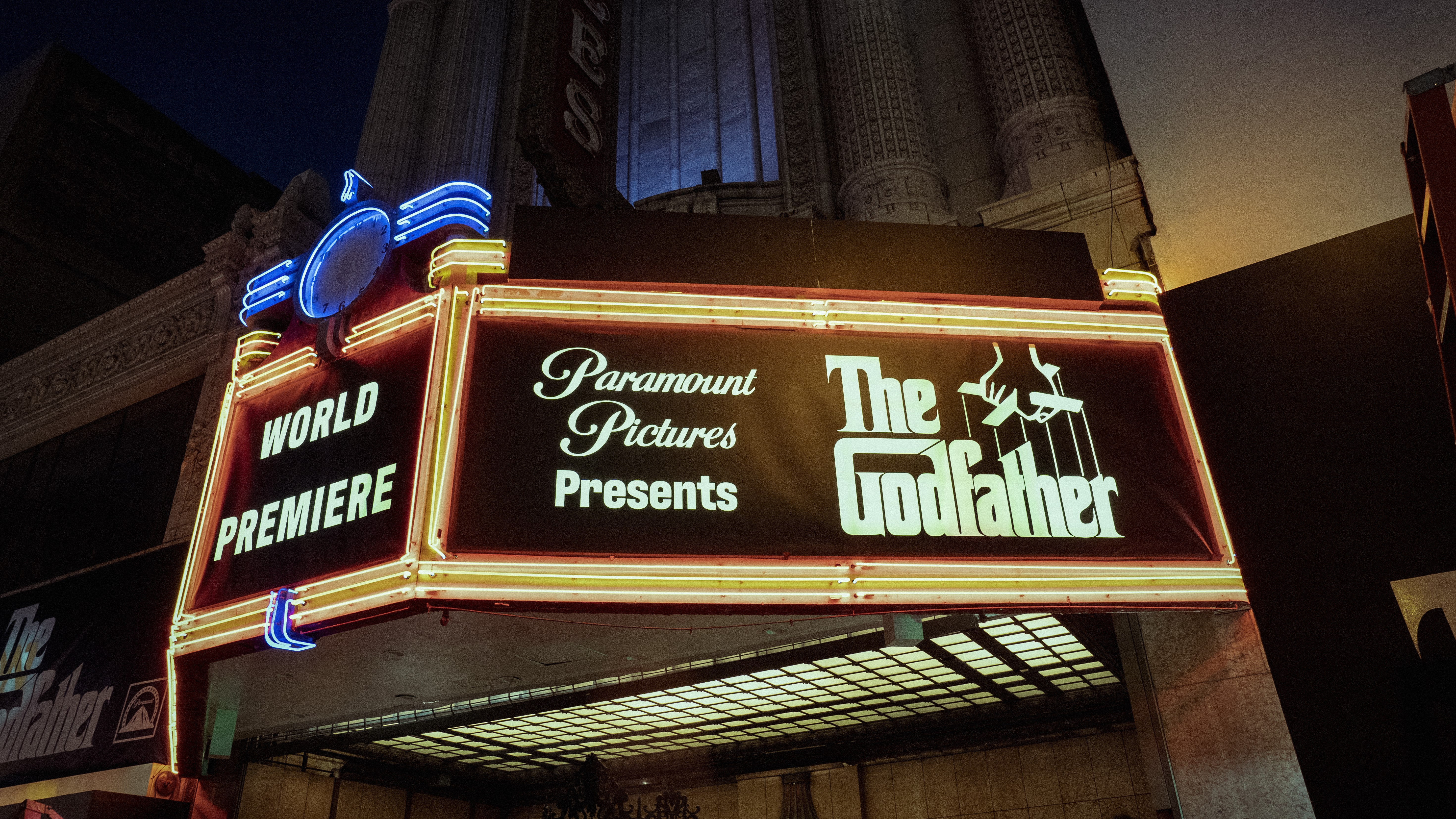
The fiction: Despite appearing cool, calm and collected at The Godfather premiere, The Offer quickly cuts to Evans fretting about the movie’s prospects a month earlier because of its release date and the emergence of Cabaret. Evans is annoyed that they are releasing the movie in March and not around a big holiday weekend, worried it will sink its box office chances and his tenure at Paramount as a result.
To come up with a creative solution, Evans turns to new ally Barry Lapidus (Colin Hanks), who suggests something that was viewed as crazy at the time — releasing The Godfather in hundreds of movie theaters across the country at once. Both know it’s a big risk, but ultimately get permission from Charlie Bluhdorn (Burn Gorman) to do it. Lo and behold it works, The Godfather becomes a box office sensation and one of the biggest hits of all-time.
The fact: To modern audiences, releasing a movie across the country at the same time isn’t crazy, it’s standard practice. But before The Godfather did it, movies were gradually rolled out to audiences.
As IndieWire detailed in a feature piece about The Godfather’s historical distribution decision, movies that were expected to be big hits would open first in New York and Los Angeles. They would be released in just one or two theaters, hoping that word of mouth would build an audience as they slowly rolled out across the country. It could take weeks or months for the movie to get to theaters in different parts of the country. (And years to get around the world.)
The Godfather went all in early, though not quite as early as The Offer tells it. The show makes it seem that they released The Godfather in 300 or more movie theaters right away when in actuality they still opened in a limited number of theaters in the first week before going into 322 in its second week. The release strategy was the brainchild of Paramount distribution chief Frank Yablan, per Mark Seal’s book Leave the Gun, Take the Cannoli. It was a massive departure from industry practice at the time but it proved to be a big success, setting box office records and laying the groundwork for how blockbuster movies are released today.
All episodes of The Offer are now available to stream on Paramount Plus in the US and UK.

Michael Balderston is What to Watch’s assistant managing editor and lead movie writer, covering movies coming to theaters, writing movie reviews and highlighting new and classic movies on streaming services; he also covers a range of TV shows, including those in the Taylor Sheridan universe, Slow Horses, Only Murders in the Building, Jeopardy!, Saturday Night Live and more, as well as the best ways to watch some major US sporting events.
Based outside of Washington, D.C., Michael's previous experience includes writing for Awards Circuit, TV Technology and The Wrap.
Michael’s favorite movie of all time is Casablanca, while his favorite TV show is Seinfeld. Some 2025 favorites include One of Them Days and Black Bag for movies, and The Pitt on TV. Follow on Letterboxd to keep up with what I'm watching.
